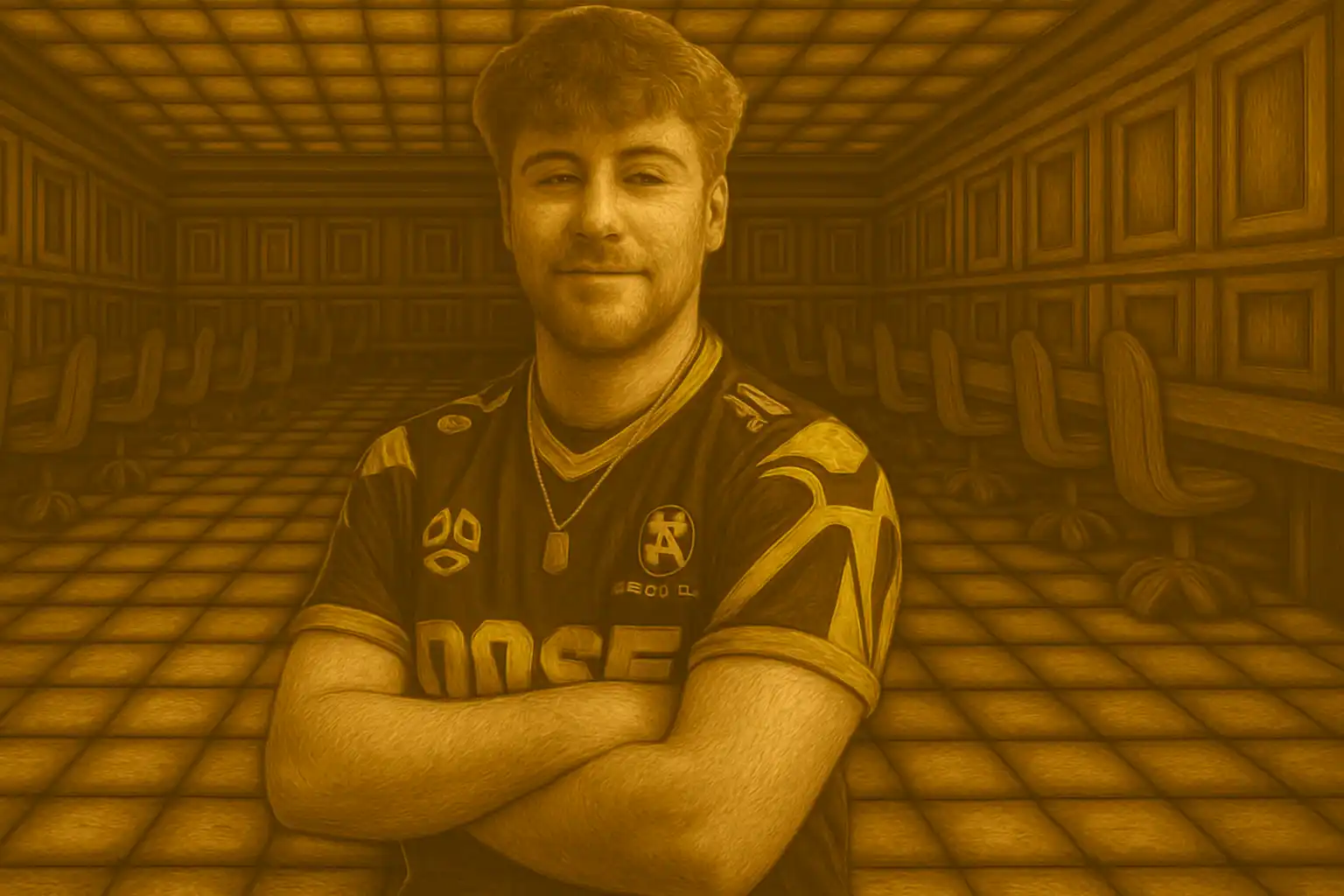“I had to listen to the coach”: M80’s Lake on discipline, NA practice pains, and a whirlwind first LAN

“I had to listen to the coach”: M80’s Lake on discipline, NA practice pains, and a whirlwind first LAN
Mason “Lake” Sanderson’s first months under M80 have been a crash course in tier-one expectations. Speaking on the BLAST Open London grounds, the 20-year-old rifler laughed about how fast his routine had to change: “I had to listen to the coach — the old man — he was like, ‘You need to get a schedule down.’” The line landed as a joke, but the message wasn’t; Lake says the biggest upgrade since joining M80 has been treating practice like a job, not a hobby.
That adjustment came after a quick rise. M80 signed Lake over the summer, slotting him into a roster now captained in the server by Elias “s1n” Stein, with Fritz “slaxz-” Dietrich on the AWP and Michael “Swisher” Schmid on rifle; Joey “dephh” Marrello runs the project as head coach. The move gave M80 a young, aggressive closer and added depth around their German core.
“Practice is rough in NA” — why routine matters
Lake didn’t sugar-coat the state of scrims back home: quality is inconsistent, blocks get cancelled, and it’s easy to form bad habits if you let your schedule slip. That reality is part of why M80 have leaned into structure under dephh, who, per Lake, insisted on fixed sleep times, review blocks, and a repeatable prep cadence for each opponent. The aim is to make their day look the same whether they’re bootcamping in Europe or grinding from North America — and to ensure that when the lights flip on, their protocols hold up.
Proof of concept on stage
London offered an early stress test — and a handful of tangible results. In the online groups leading into the arena phase, M80 booked statement wins, including a lower-bracket elimination of Virtus.pro and a clean Mirage to close the series, a result that briefly dominated the news cycle given VP’s pedigree and ongoing roster shuffle.
The on-LAN sample then showed both ceiling and nerves. M80’s matchup set with MOUZ underlined just how thin the margins are: they had stretches where Swisher’s spacing and Lake’s multi-kill rounds put them in winning positions, only for MOUZ to claw back with torzsi’s AWPing and xertioN’s entry timings. The map-by-map stats tell the tale — high impact rounds punctuated by quieter mid-halves as MOUZ stabilized with utility damage and early picks.
There were bright, specific takeaways too. Overpass continues to look like a comfort map for this group, especially when they establish short-B control early to unlock fast rotations for s1n; and in late rounds, slaxz-’s post-plant lines gave them clean trade trees that don’t require heroics. Those patterns reappeared in several group matches (including the Vitality series that featured an emphatic Overpass from M80), reinforcing that the prep work Lake described isn’t just talk — it’s showing up in how they structure halves.
Role clarity and the “new guy” learning curve
Lake’s integration has also intersected with bigger moving parts. M80’s staff have steadily tightened roles — s1n steering defaults and late-round calling, slaxz- managing AWP economy to keep double-save scenarios rare, Swisher flexing between space-taking and hard-anchor jobs. For Lake, that’s meant learning when to be the second contact rather than the first, and when to call for a re-hit instead of chasing exits. The stat pages from recent officials capture that shift: fewer empty rounds, more rounds with an opening fight or a traded 2-for-1 — the kind of “useful deaths” that come from playing inside the system instead of freelancing.
What’s next
With a few meaningful wins banked and the London reps in hand, the mandate is consistency — the same issue Lake cited when describing NA practice. To close the gap on elite teams, they’ll need to keep their best maps sharp and raise the floor on their worst. The good news: a defined schedule, coach-driven review culture, and a growing book of European scrim partners are all levers M80 now pull regularly.
Lake’s quip about “listening to the old man” reads like a memeable one-liner. But it doubles as a mission statement for a player — and a team — trying to grow up fast. If the structure holds and the roles keep bedding in, London might be remembered not for a single upset, but as the moment M80’s process started to reliably translate into stage-wins. For a rookie who just learned to love the schedule, that’s not a bad first chapter.





